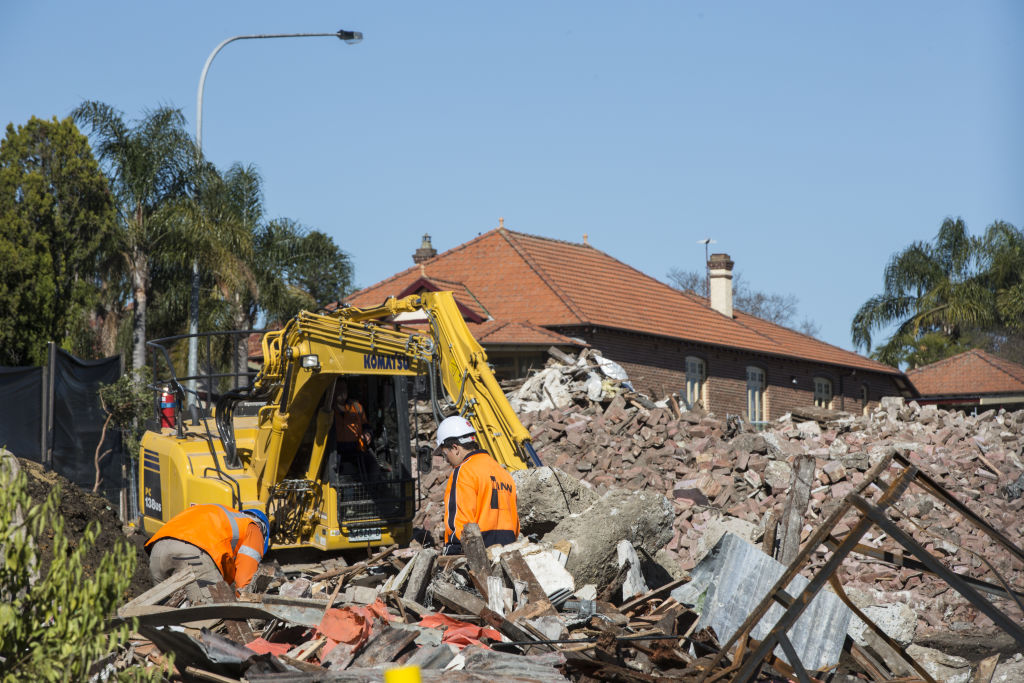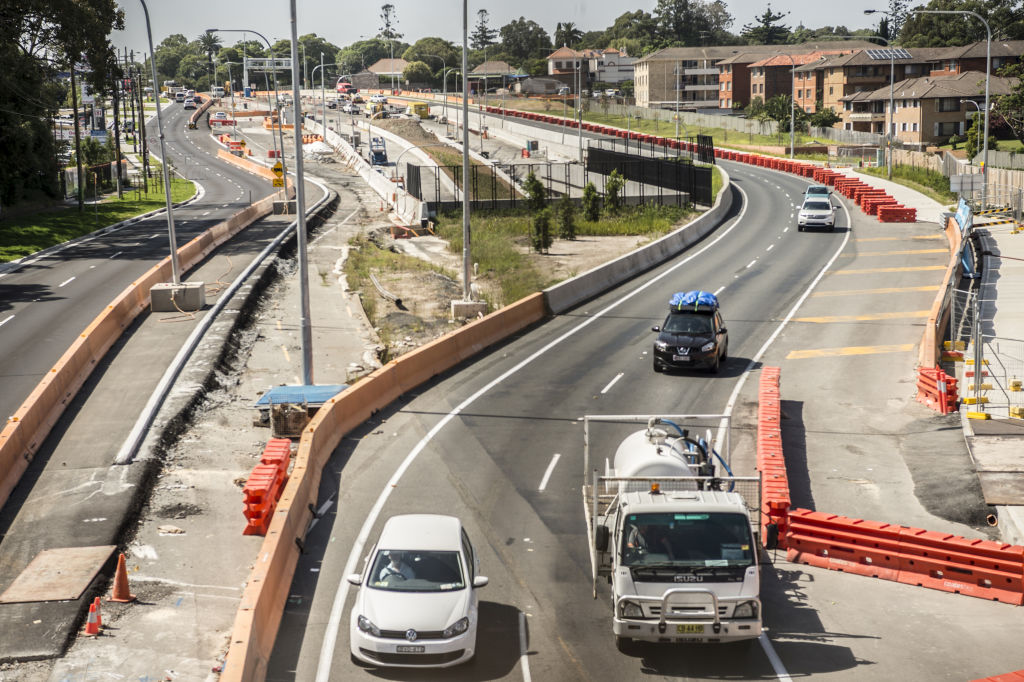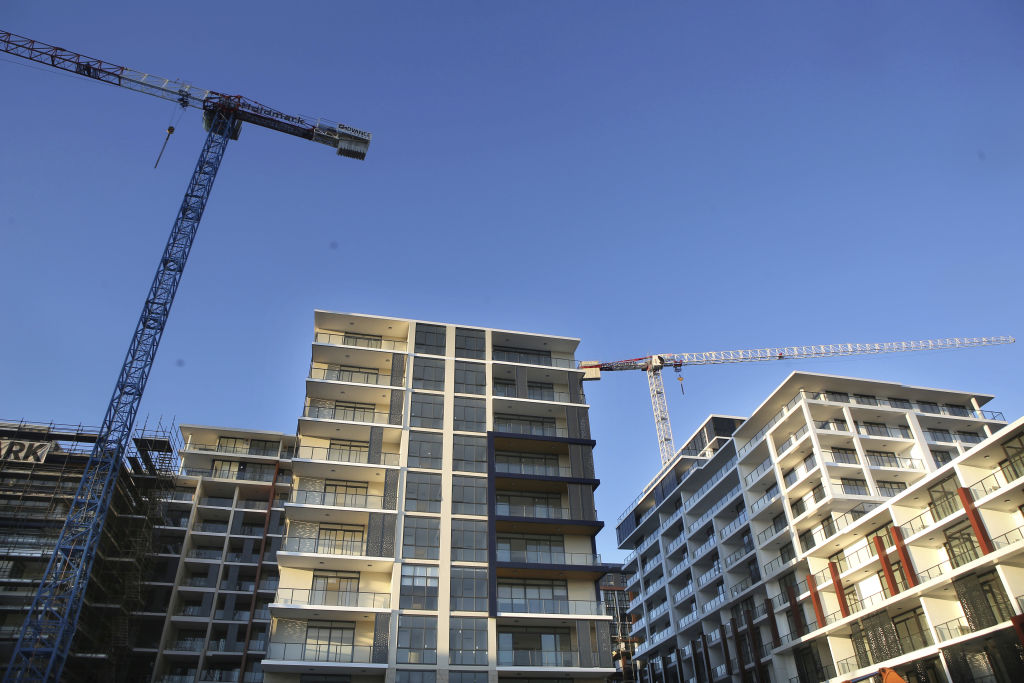How to deal with unwanted change to your neighbourhood

When the sold sticker is slapped on the sign on the house next door, or the one over the road with the lovingly-tended garden, unless a replica replacement neighbour moves in, or heritage protection actually works, that one simple event can signal one sure thing: unwanted change.
These days, residential change often comes in the form of bulldozers and boundary-brushing multi-residential developments. Otherwise, the aspirations of ambitious renovators may challenge your ideas of good taste.
Whatever shape change takes, if you are a long-time resident, it can be a drawn-out, uncomfortable experience that can leave you feeling sad and unsettled.
Yet, according to former psychologist Peter Quarry, who until lately was an address-hopping, serial house flipper himself, there are ways of mitigating the negative impacts of inevitable suburban change so that you don’t get stuck in a level of stress that can affect your health.

“Home,” Quarry says, “is perceived as a place of special refuge from the madness of the world, and changes around it can have an impact on that at a very deep level. It can feel like an invasion”.
Rapid neighbourhood change, he explains, “is just one more type of change happening alongside technological change, cultural and demographic change, and workplace restructuring”.
Taken together these can lead to “change saturation which can result in the same physical and psychological effects as chronic stress”.
Humans have instinctive responses to coping with vexatious stress: “Flight – you leave. Fight – you might organise community opposition … Or, fright.
“My concern is that a lot of people who don’t want to leave or fight the developers or the council are left like rabbits frozen in the headlights, they’re immobilised in a state of fright.”
“You get frozen in a passive, long-term, negative state, which may entail a lot of anger, sadness and resentment, all of which is very bad for you, especially for your heart. It can also make you irritable, anxious and depressed and can affect your sleep patterns. I don’t want people getting stuck there”.

How you perceive change is, of course, a subjective thing and recent surveys have revealed that Australian urban redevelopment is affecting different age groups in converse ways.
“The Baby Boomers” Quarry says, “are having a harder time than the Millennials who can see developments as offering them an opportunity for getting a foot on the property ladder. The Boomers (who are staying longer in their big houses), can definitely see it as invasion and for their heath at their age, that’s not a good thing”.
So, if you are feeling stuck in fright mode in a home that has become a house of stress, what can be done?
Peter Quarry cites recent research into the differing coping responses of victims of devastating US hurricanes. “The ones who came through fine tended to be the ones who accepted there were certain things in life that they had no control over.
“The ones who freaked out, who were upset and super stressed, were the ones who couldn’t understand that there were events they couldn’t control”.

The lesson here is; “if you’re in a situation where the development over the road has planning approval and is starting to happen, don’t try to control it. Try to accept it”.
“In terms of true human life catastrophes, ask yourself, is the redevelopment really the worst possible thing that could happen to you? How would it compare to your whole family being wiped out in an accident?
By applying a realistic catastrophe scale to the development “could you find out you’ve been making a mountain out of a molehill?
“It’s bad, but not devastating. And yes, you can cope with it.
“Challenging your anger-fueled feelings of devastation like this can be a great technique because it allows you to look at the silver lining of change. Like Millennials, you could see development as bringing more lifestyle infrastructure such as cafes and culture into the neighbourhood”.
“So ask, what are you gaining rather than losing? Challenge your assumptions and reframe your thinking that all change equals a negative. It’s not. It is simply that your neighbourhood is changing and maybe this change offers a degree of inter-generational fairness? The Baby Boomers have done bloody well out of the real estate market”.
Another reframing template Peter Quarry offers is to realise that in your neck of the burbs, this is probably not the first wave of change that has taken place.
“Where you live today was probably farmland 60 to 100 years ago. And the farmers must have felt the same way about watching change happen around them?”
We thought you might like
States
Capital Cities
Capital Cities - Rentals
Popular Areas
Allhomes
More







